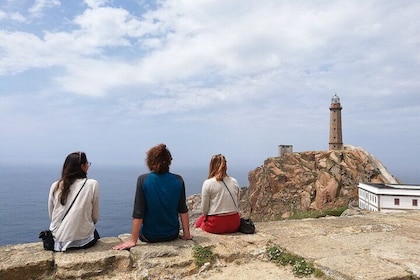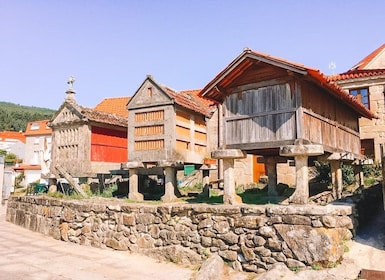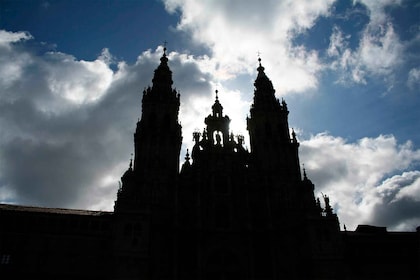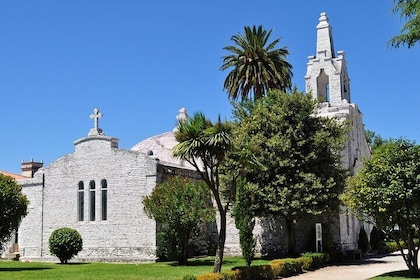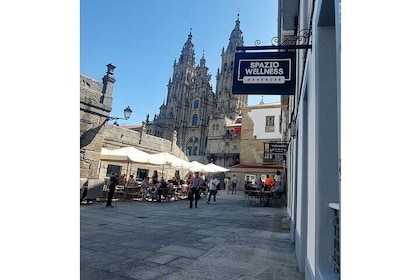Kathedral Santiago de Compostela





Kunjungi Kathedral Santiago de Compostela
Lawatan & kunjungan balik hari
Lihat semua 75 aktiviti
From Santiago: Finisterre, Muxia & Costa da Morte Excursion
Lawatan Peribadi & Tersuai
Lihat semua 27 aktiviti
7-Day Tour of the French Way of Santiago from Sarria
Makanan, Minuman & Hiburan Malam
Lihat semua 14 aktiviti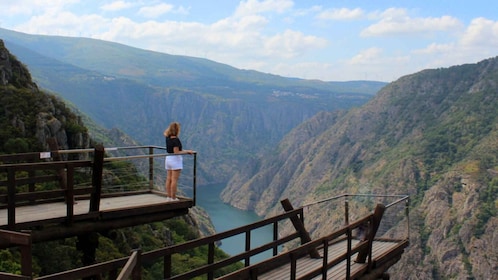
From Santiago: Ribeira Sacra Tour & Boat Trip
Spa & Kecergasan
Lihat semua 4 aktiviti
Full body massage 60 minutes
Tempat popular untuk dilawati
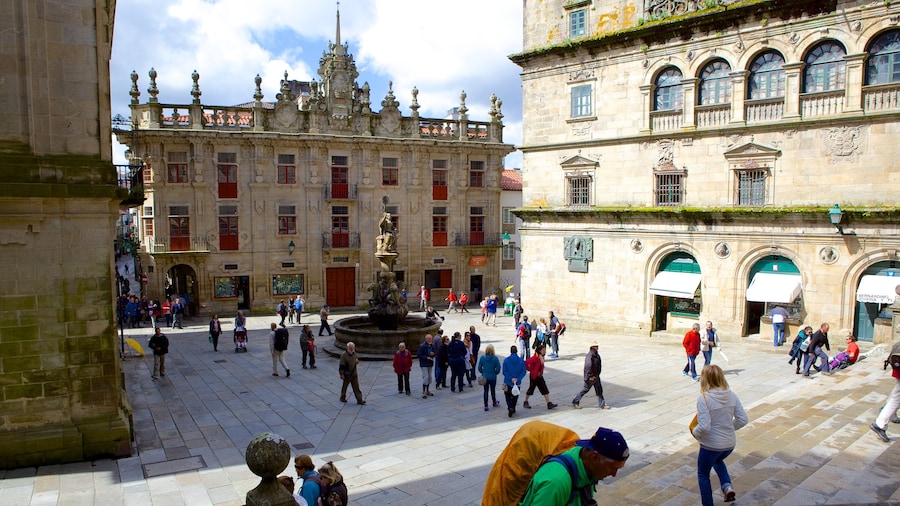
Muzium Katedral Santiago de Compostela
Anda boleh melihat bahan pameran di Muzium Katedral Santiago de Compostela, muzium dengan kisahnya yang tersendiri, ketika kunjungan anda ke Santiago de Compostela. Lawati katedral yang mengagumkan dan kedai-kedai di kawasan budaya beraneka ini.
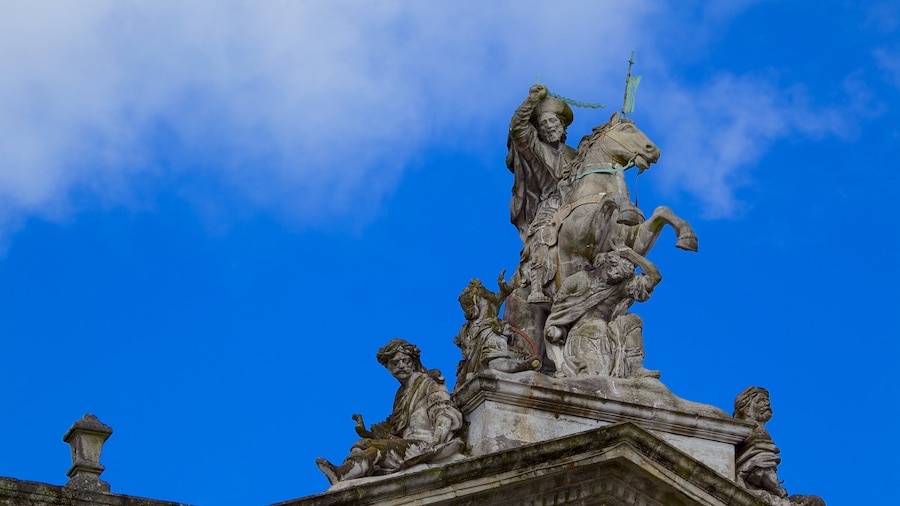
Dataran Obradoiro
Anda boleh ketahui lebih mendalam tentang sejarah Santiago de Compostela dengan singgah ke Dataran Obradoiro. Lawati kedai-kedai dan katedral yang mengagumkan di kawasan budaya beraneka ini.
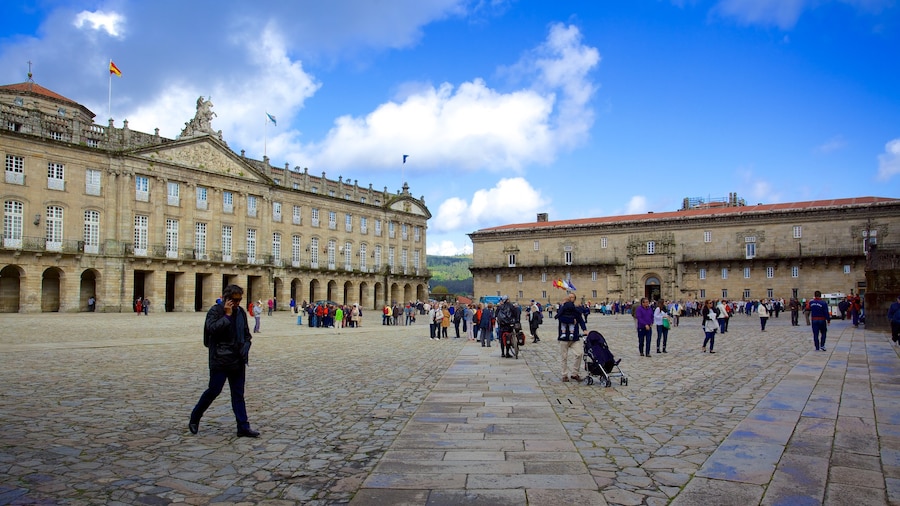
Istana Raxoi
Anda boleh pelajari tentang sejarah Santiago de Compostela dengan singgah ke Istana Raxoi. Lawati kedai-kedai dan katedral yang mengagumkan di kawasan budaya beraneka ini.
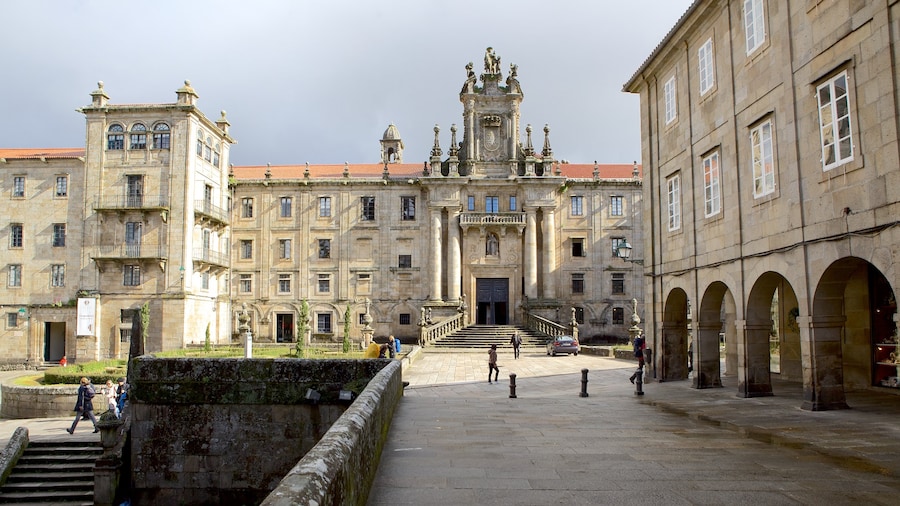
Plaza de la Quintana
Anda boleh ketahui lebih mendalam tentang sejarah Santiago de Compostela apabila anda singgah ke Plaza de la Quintana. Lawati kedai-kedai dan katedral yang mengagumkan di kawasan budaya beraneka ini.
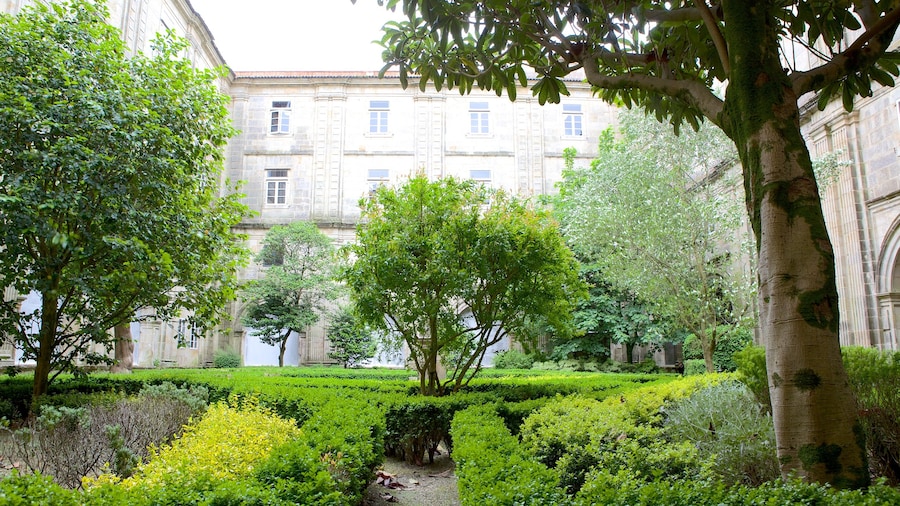
Biara San Martino Pinario
Anda boleh ketahui tentang sejarah tempatan Santiago de Compostela dengan singgah ke Biara San Martino Pinario. Lawati kedai-kedai dan katedral yang mengagumkan di kawasan budaya beraneka ini.
Istana Bishop Xelmirez
Anda boleh melihat bahan pameran di Istana Bishop Xelmirez, muzium dengan kisahnya yang tersendiri, ketika percutian anda di Santiago de Compostela. Lawati kedai-kedai dan katedral yang mengagumkan di kawasan budaya beraneka ini.

